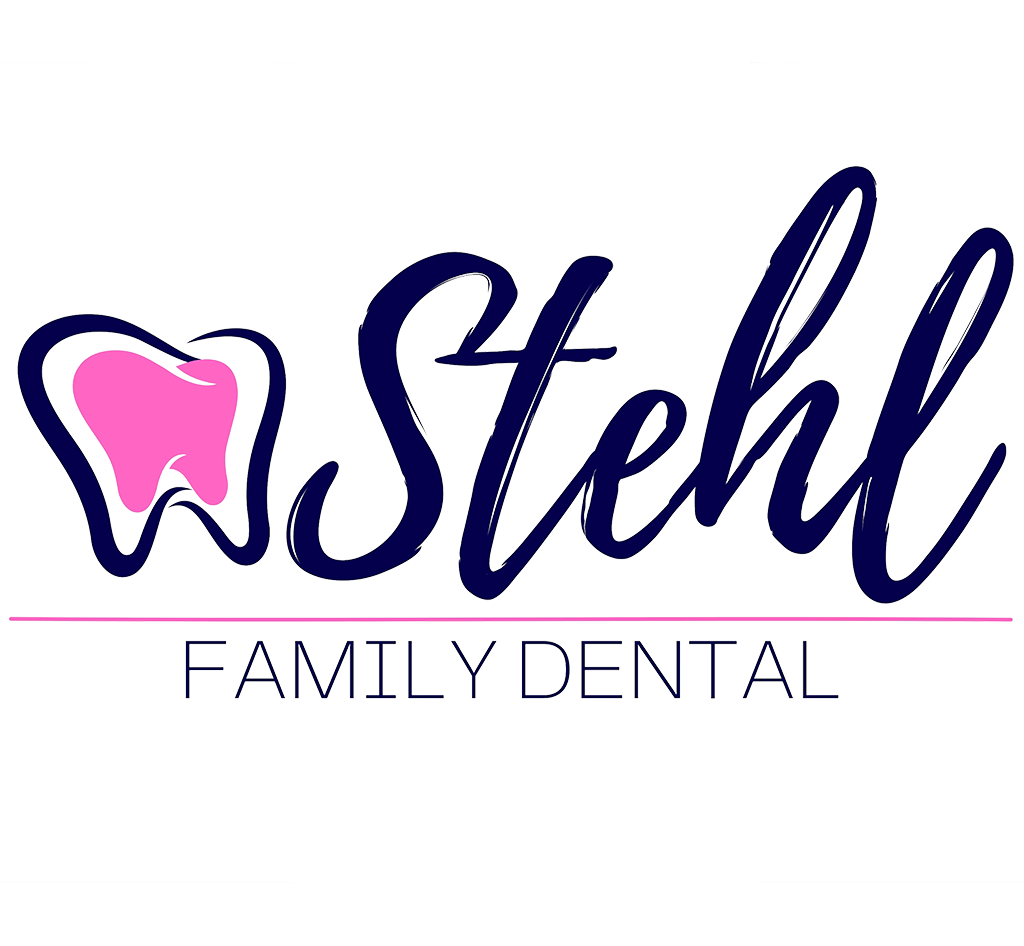While grinding your teeth may only seem like an annoying habit, what many people don’t realize is that unconscious teeth grinding, also known as bruxism, can seriously damage your oral health over time if left unaddressed. From cracked and worn tooth enamel to jaw strain and even headaches, the consequences of chronic teeth grinding are no joke.
Fortunately, with some lifestyle adjustments and protective strategies, you can take meaningful steps to curb your risk. Understanding the causes, recognizing signs, and implementing preventive measures are pivotal in safeguarding your smile from the detrimental effects of grinding teeth at night.
Contributing Factors to Teeth Grinding
Bruxism manifests due to various factors, encompassing both physical and emotional triggers:
- Stress Overload: Heightened stress levels serve as a chief catalyst for grinding your teeth at night, whether it’s related to work, relationships, or daily pressures.
- Sleep Disorders: Conditions like sleep apnea or restless leg syndrome may exacerbate bruxism, leading to intensified teeth grinding episodes.
- Malocclusion or Misaligned Teeth: Irregular alignment of teeth can prompt involuntary grinding or clenching, causing undue pressure on the jaw.
- Lifestyle Habits: A diet rich in caffeine or alcohol, and habits like chewing on pens or gum can contribute to teeth grinding.
Spotting the Signs
Identifying signs of bruxism early on can aid in prompt intervention:
- Tooth Sensitivity: Increased tooth sensitivity, particularly to hot or cold temperatures, might indicate you are grinding teeth at night.
- Jaw Pain or Soreness: Frequent jaw pain or soreness upon waking up is a red flag for bruxism.
- Recurrent Headaches: Persistent headaches, especially in the temples or behind the eyes, might be linked to teeth grinding.
- Worn-Down Teeth: Abrasion or flattening of tooth surfaces can indicate chronic teeth grinding.
Preventive Measures
Grinding teeth at night is a surefire trail to pain, but the good news is that there are things you can do to help prevent it. Here are a few:
1. Managing Triggers
Understanding emotional triggers and managing stress is crucial. Engage in relaxation techniques like deep breathing exercises, meditation, or mindfulness practices to alleviate stress levels.
2. Establish a Relaxing Bedtime Routine
Prioritize winding down before sleep. Activities like reading, taking a warm bath, or practicing gentle stretches can signal your body to relax.
3. Utilizing Mouthguards
Consult your local Lees Summit Dentist for customized mouthguards. These dental appliances create a barrier between teeth, cushioning them and preventing damage caused by grinding.
4. Optimal Sleep Positioning
Experiment with sleeping positions. Elevating your head with pillows or sleeping on your side may reduce pressure on the jaw and minimize grinding.
5. Muscle and Tongue Exercises
Explore exercises targeting jaw and tongue muscles. These exercises aim to relax facial muscles, minimizing the tendency to grind teeth.
6. Dietary Adjustments
Certain dietary changes, like reducing caffeine intake or avoiding stimulating foods before bedtime, may alleviate bruxism symptoms.
7. Regular Dental Check-Ups
Schedule routine dental visits with Stehl Family Dental. Regular check-ups can help identify signs of teeth grinding early and prevent potential dental damage.
Preserve Your Smile with Stehl Family Dental
When it comes to safeguarding your smile from the effects of grinding teeth at night, trust Stehl Family Dental. Our expertise in dental care ensures comprehensive support and tailored solutions to combat bruxism effectively.
Take charge of your dental health today. Contact Stehl Family Dental for personalized guidance and preventive strategies to combat teeth grinding, ensuring your smile stays radiant and healthy.

